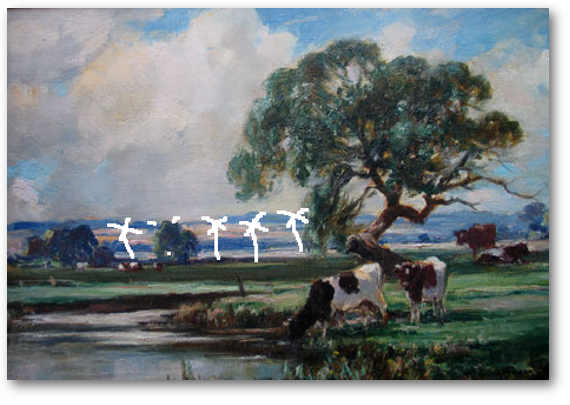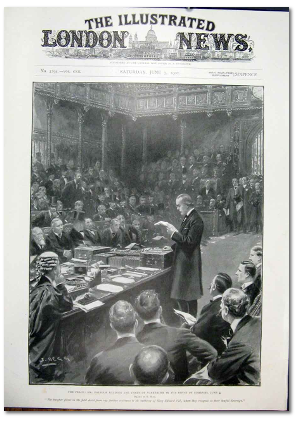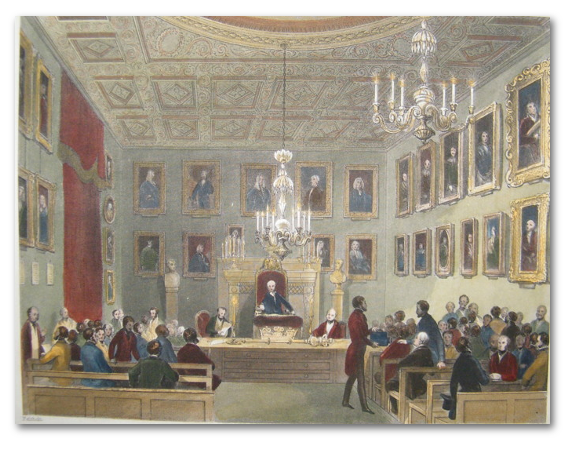 Bishop Hill
Bishop Hill Axe the tax
 Dec 9, 2013
Dec 9, 2013  Energy: grid
Energy: grid  The head of Scottish Power has called for the Climate Change Act to be axed. The alternatives are terrifying:
The head of Scottish Power has called for the Climate Change Act to be axed. The alternatives are terrifying:
Britain's unilateral carbon tax should be scrapped before it causes blackouts, pushes up household bills and makes the UK uncompetitive, ScottishPower argues.
Keith Anderson, chief corporate officer, warns that the “carbon price floor” (CPF), which taxes companies for burning fossil fuels, will make Britain’s remaining coal plants “largely uneconomic by around the middle of the decade”.
I don't suppose this will have any impact on Ed Davey or David Cameron, so I think we should probably assume the worst (although I reiterate my view that spiralling prices and industry shutdowns are more likely than consumer blackouts). What seems increasingly clear is that the crisis will be upon us soon. It is therefore not only the younger culprits - the noble and learned Baroness Worthington for example - who will live to see the results of their ideology, but the older ones like Lord Deben too.















